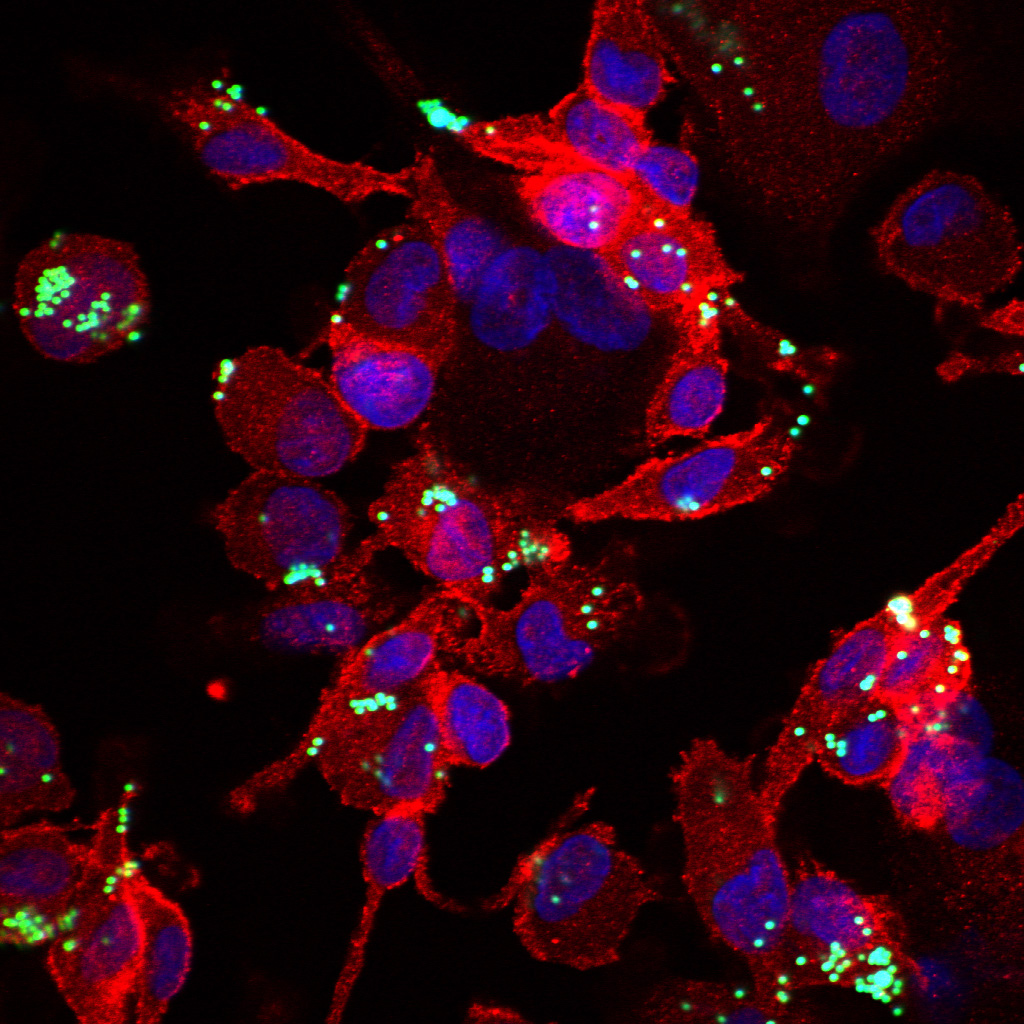An adverse relationship between genetics and immune response

Studies by researchers at DZNE Tübingen shine new light on the mechanisms of Parkinson’s disease
Parkinson’s is a brain disease characterized by motor dysfunctions and other impairments that can significantly detriment health and quality of life. Some genetic mutations are known to trigger the disease. However, in the vast majority of cases, the causes of Parkinson’s are unknown and could arise from an unfavorable combination of multiple factors involving genetics, life style and possibly infections. Researchers of the DZNE’s Tübingen site have now investigated whether and how processes of the immune system when combined with a mutation associated to Parkinson’s could promote neurological damage. The findings published in “Nature Communications” are based on studies in human neurons and microglia, the latter being the brain’s immune cells. Both cell types were derived from stem cells taken from the skin of Parkinson’s patients. All cells carried a mutation in the gene coding a protein called LRRK2 or “dardarin”, which is the most frequent cause of familial Parkinson’s disease.
“We have found that interferon signaling, one of the crucial pathways activated in the course of infections, makes human neurons more vulnerable and modulates the function of microglia”, said Dr. Michela Deleidi, a research group leader at DZNE Tübingen. “Interestingly, these effects are exacerbated by the presence of LRRK2 mutations, suggesting that individuals with these mutations may be at higher risk of developing immune-related neurodegeneration and thus Parkinson’s. These findings have potential therapeutic implications as compounds targeting LRRK2 are currently being tested in clinical trials for the treatment of Parkinson’s disease.”
The findings by Deleidi and colleagues support the long-held conjecture that immunological processes play a role in the development of Parkinson’s. They might even be relevant in the context of the on-going pandemic due to the coronavirus SARS-CoV-2. “Interestingly, a high incidence of parkinsonism followed the pandemic influenza at the end of the First World War. Hence, our results might help understand the link between infections and Parkinson's disease as well as potential long-term effects of the current coronavirus outbreak”, Deleidi noted.
Original publication
Interferon-γ signaling synergizes with LRRK2 in neurons and microglia derived from human induced pluripotent stem cells, Vasiliki Panagiotakopoulou et al., Nature Communications (2020), DOI: 10.1038/s41467-020-18755-4 8
October, 2020
